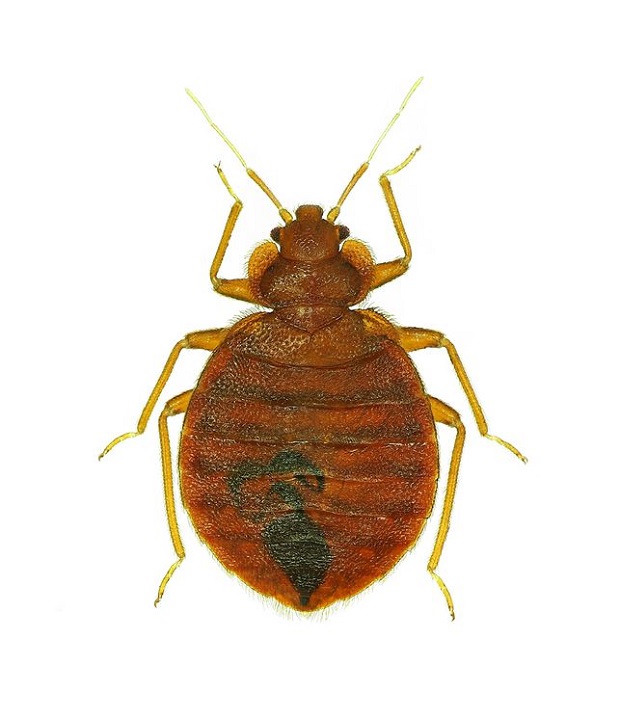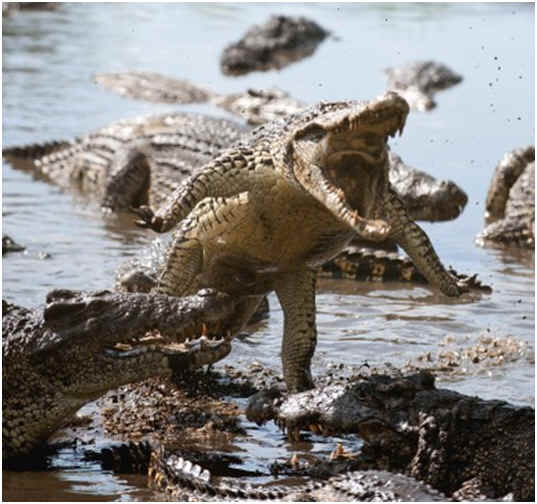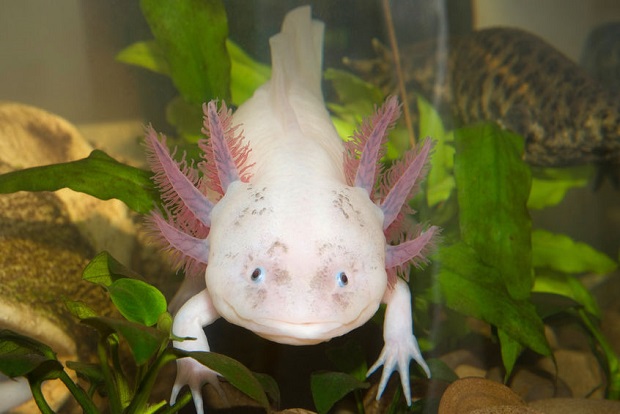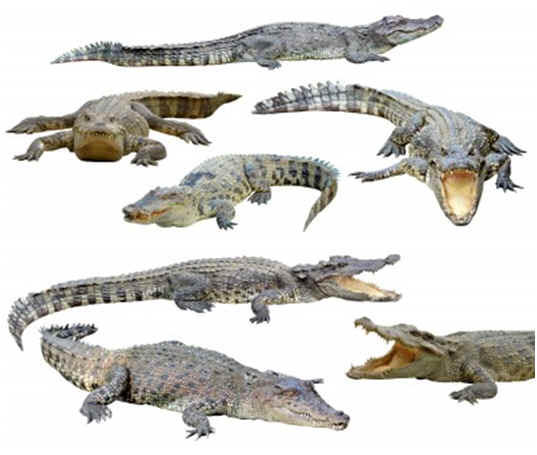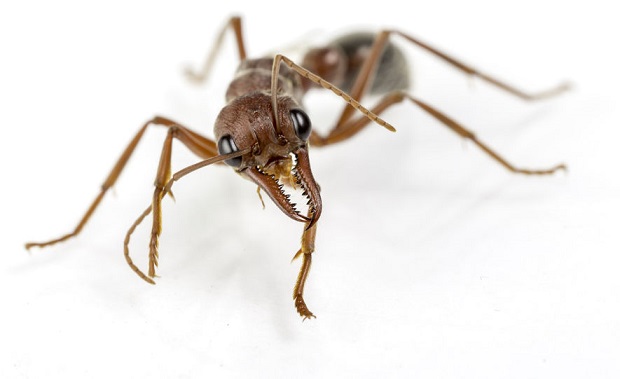
Can Ants Smell?
Ants can smell. In fact, ants strongly rely on their sense of smell. Ants have more than 400 odor receptors located in their antennae. The ant’s sense of smell is important to its survival as it is used for food foraging, colony recognition, and reproduction.
Ants Have a Strong Sense of Smell
Ants have more than 400 odor receptors, the proteins that allow ants to identify different smells. That’s four to five times more than many other insects, such as the fruit fly, which has 61. ((Vanderbilt University Research News – “Ants Have an Especially High-Def Sense of Smell“))
Female ants have 3 times more odor receptors than males. Researchers speculate that the reason for this is their role in the colony. Male ants are primarily responsible for egg fertilization and likely have odor receptors that sense pheromones produced by the queen. ((Vanderbilt University Research News – “Ants Have an Especially High-Def Sense of Smell“))
How Do Ants Smell?
The ant’s olfactory sensors are located in their antennae. The antennae are covered with hair-like structures called sensilla that are receptors for senses. Most of the sensilla on the antennae are used for smell. The ant is able to move its antennae to probe objects. Similar to our nerves that send signals to our brains, the ant’s antennae send an axon to the brain, where it is processed. ((Gronenbert, Wulfila. University of Arizona – Ecology and Evolutionary Biology – “Structure and function of ant (Hymenoptera: Formicidae) brains: Strength in numbers.” ))
Ants Use Pheromones and Sense of Smell for Foraging
The most important use of smell for an ant is food foraging. Most ant species use pheromone trails to mark a food source. Once one ant finds a food source, it will leave a pheromone trail as it makes its way back to the nest, which is also located by a smell unique to each nest. The other ants will smell their way along the trail until the food source is located. ((Jackson, Duncan E,, and Francis L.W. Ratnieks. “Communication in Ants.” Current Biology 16.15 (2006): 570-574. Print.))
Because an ant colony generally has more than one food source and objects can obstruct a pheromone trail, ants that collect food will all leave a pheromone trail reinforcing the original path. The strongest scents will then serve as a signal to the colony which food sources are the most prolific. ((Jackson, Duncan E,, and Francis L.W. Ratnieks. “Communication in Ants.” Current Biology 16.15 (2006): 570-574. Print.))
When foraging for food, ants use vision and anemotactic orientation to seek a food source. So, just how important is the sense of smell in the process? Researchers from the University of Zurich in Switzerland tested the question. In an effort to measure the importance of the ant’s olfactory senses on food foraging, the researchers clipped the flagella of foraging desert ants and discovered that the ants without antennae did not seek food demonstrating that the ants strongly rely on their sense of smell. ((Wolf, Harald, and Rudiger Wehner. “PINPOINTING FOOD SOURCES: OLFACTORY AND ANEMOTACTIC ORIENTATION IN DESERT ANTS, CATAGLYPHIS FORTIS.” Journal of Experimental Biology 203.1 (2000): 857-868. Print.))
Odors Signify Job Designation
In an ant colony, all the ants work together to perform the necessary tasks for survival. They will readily change jobs as needed, but how do they know which job to perform and when? Once again, the ant relies on its sense of smell. For example, if a patroller ant does not return to the nest, forager ants will remain in the nest. Researchers found that this job assignment change was related to smell when they coated a bead with the smell of a patroller ant and placed it within the colony. As soon as it was placed, the forager ants returned to the task of foraging. ((Nature; Green, MJ; Gordon, D; “Cuticular hydrocarbons inform task;” 2003; 423;32))
Ants Smell Death
The ant’s sense of smell goes far beyond foraging for food. Ants can smell death. When one ant dies, its nestmates immediately carry the body away to protect the colony from possible infection (known as necrophoresis). It was once thought that the dead ants give off a scent that alerts the colony that it has expired, but new evidence has concluded that it is actually the absence of certain scents consistent with living ants that triggers necrophoresis. ((Choe, Dong-Hwan; University of California Riverside Newsroom – “Dead or Alive: for Ants, It’s the Scent That Counts“))
Ants That Are Tricked by Smell
Because ants can’t see well, they can easily be tricked by competing predators. Take, for example, the army ant. There are wasps, beetles, and millipedes that can imitate the smell of the army ant. They use this to infiltrate the colony. Because the ants use their sense of smell to identify colony members, they can move about easily undetected and feed upon the prey gathered by the ants. ((Smithsonian Tropical Research Institute – “Army Ants“))

